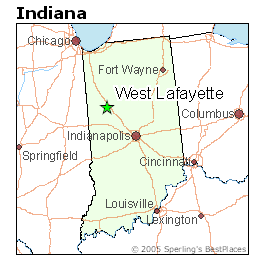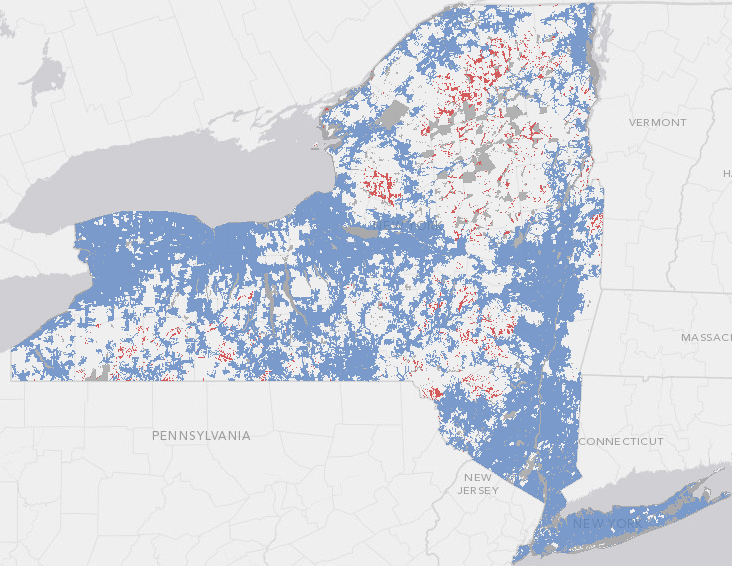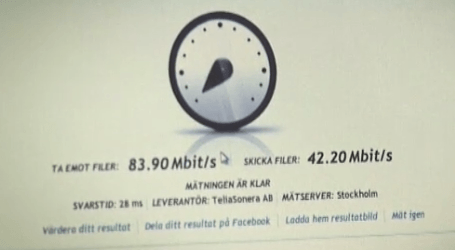 We have received several inquiries about where Stop the Cap! stands on the “Stop Online Piracy Act” — legislation currently in Congress designed to combat online piracy. We’ve remained silent on this legislation for only one reason: we just haven’t have the time to cover it. But I wanted to take a moment to answer the ongoing inquiries from readers about where we stand on this legislation.
We have received several inquiries about where Stop the Cap! stands on the “Stop Online Piracy Act” — legislation currently in Congress designed to combat online piracy. We’ve remained silent on this legislation for only one reason: we just haven’t have the time to cover it. But I wanted to take a moment to answer the ongoing inquiries from readers about where we stand on this legislation.
In short, we oppose it.
As with virtually all legislation bought and paid for by large corporate interests, this attempt to thwart online piracy is yet another example of special interest overreach with a bountiful basket of unintentional consequences corporate lobbyists are not paid to consider when pushing the agenda of giant media and entertainment conglomerates.
As of yesterday, the Obama Administration seems to have recognized the growing opposition to the legislation from just about everyone apart from the corporate interests spending millions to promote and lobby it. Some media reports seem to indicate SOPA is on the verge of being shelved, at least temporarily. But you can be certain that like all monied legislation, it will be back.
Instead of a lengthy explanation about SOPA, we’d prefer to point you to some excellent pieces explaining why the proposed bill is a really, really bad idea. Free Press has an organized campaign to stop the legislation in its current form, one that you should consider supporting, even if the bill is now languishing in Washington. Also check out the Electronic Freedom Foundation’s web form to contact your legislators to oppose SOPA.
Stop the Cap! will participate in the Stop SOPA censorship campaign scheduled for tomorrow. Visitors will first land on an information page explaining why this site “has been blocked.” But that page includes a link to continue your journey back here, where regular coverage will continue.
Be sure to watch these two videos:
[flv width=”596″ height=”356″]http://www.phillipdampier.com/video/MSNBC Chris Hayes SOPA and Antipiracy Debated 1-15-12.flv[/flv]
Chris Hayes’ courageous in-depth debate about SOPA appeared on MSNBC, a network owned by Comcast-NBC, which ardently supports the legislation to the point of distributing pro-SOPA coffee mugs to employees. (18 minutes)
[flv width=”512″ height=”308″]http://www.phillipdampier.com/video/SOPA Marvin Ammori.flv[/flv]
Marvin Ammori’s assessment of the legislation appeared on Al-Jazeera English, one of the few news networks willing to discuss the proposed legislation on-air. (4 minutes)


 Subscribe
Subscribe







